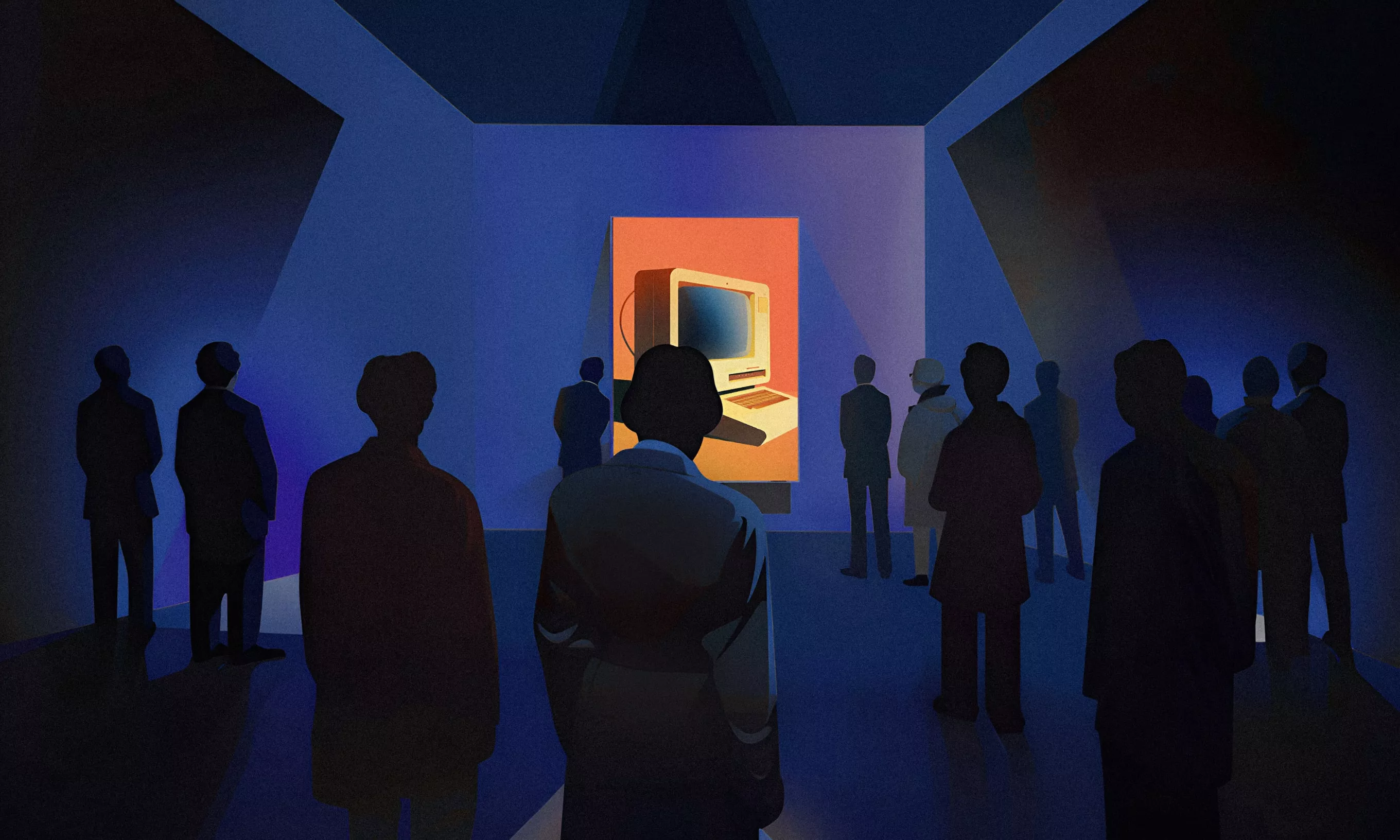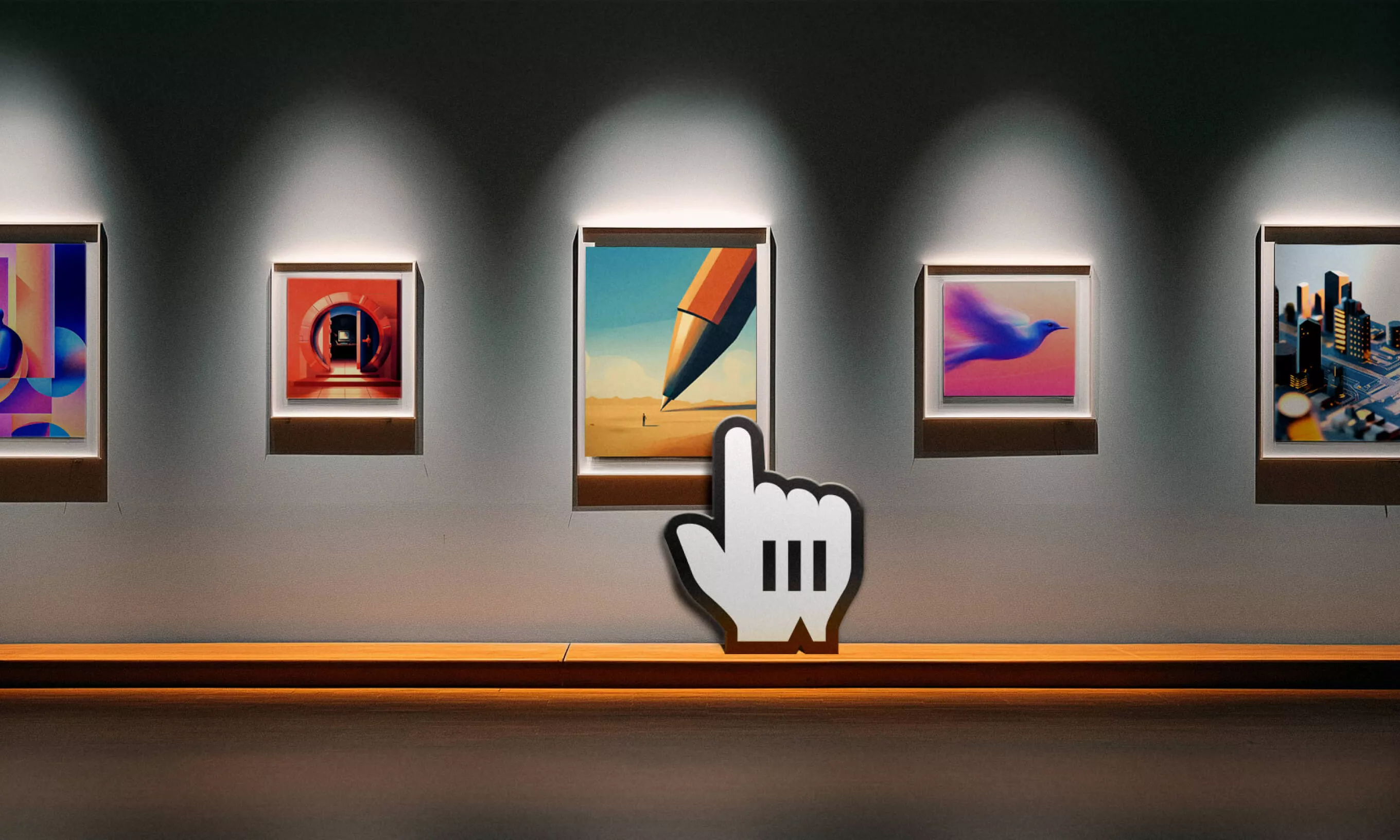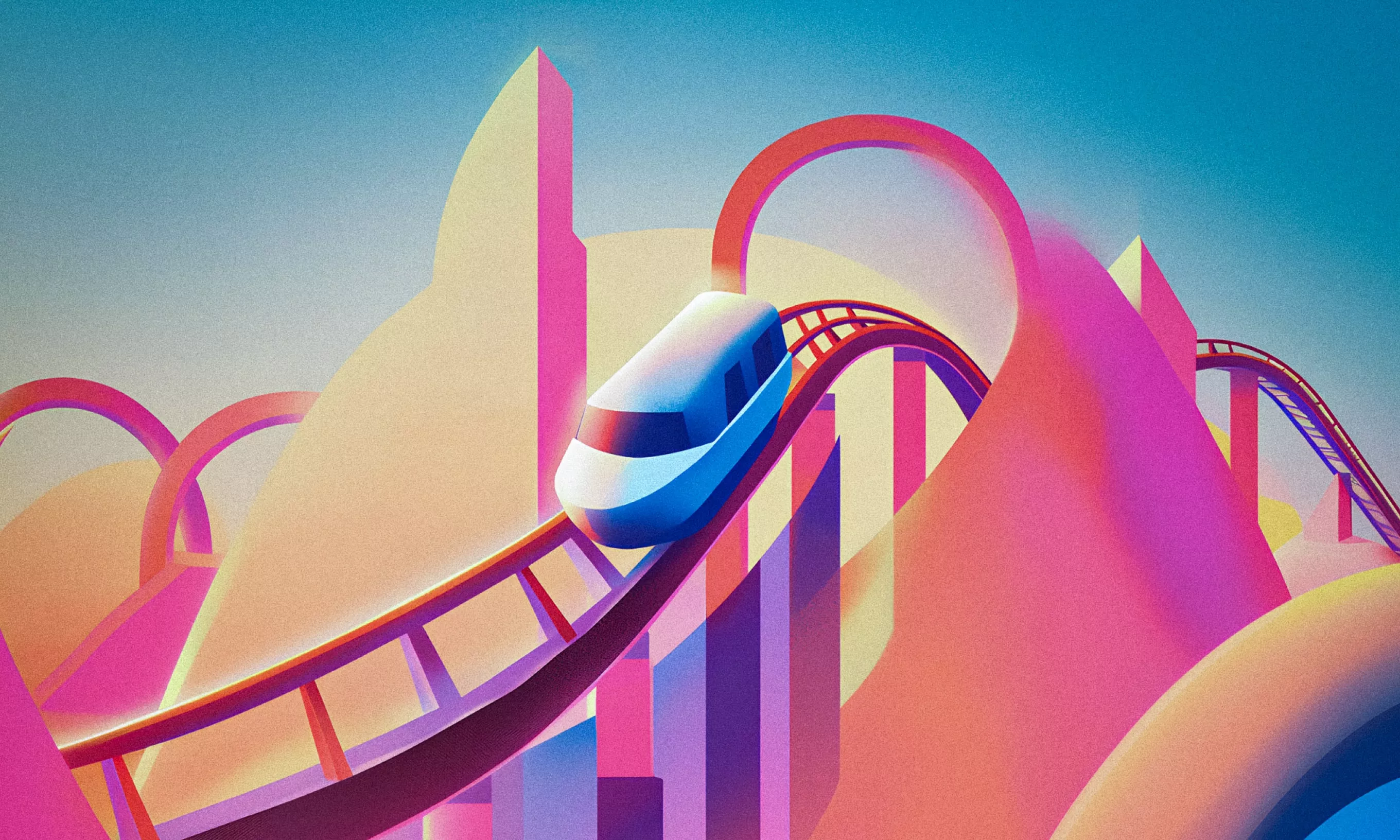Prompted by ChatGPT’s latest game-changing update, we look back on five major events in tech history that profoundly impacted society, culture, and the way we live our daily lives.
The world’s most popular AI-powered chatbot recently got a major update, and it can be best described as eerily impressive. GPT-4o is multimodal, meaning it can reason across audio, vision, and text in real-time.
There’s no need to type prompts anymore – you can speak out loud and get the response in the same format. The lag is barely noticeable, and unlike its predecessors, the model makes up for its knowledge cutoff with the ability to browse the web. Interaction with artificial intelligence is now very close to the experience of a real conversation with a friend, one who happens to know everything.
As we’ve written a while back when ChatGPT first saw the light of day, it’s a revolution. Technological breakthroughs happen every day, but advancements of such magnitude that they change not only the technological but also the societal landscape don’t come by very often.
As we marvel (or freak out about, or both) the rapid progress of artificial intelligence, let’s look back on five tech milestones that profoundly impacted society, culture, and the way we live our daily lives.
Top 5 tech revolutions past
Artificial intelligence continues to evolve, and it will undoubtedly reshape our world in ways we are only beginning to understand. However, we tend to forget how the road to this development is paved by revolutions no lesser in scale, even if their effects seem mundane today.
1. The advent of the internet (1990s)
Just a little over 30 years ago, we lived offline. When we wanted to get somewhere in a new town, we had to ask for directions. We sought out knowledge in libraries and used landline phones to arrange dates. And then revolution hit, with the urrrr EEEE urrr noise of the dial-up modem as its soundtrack.
Technological impact: Created a global network for information exchange and communication.
Cultural impact: Changed how we consume information, leading to the rise of digital media and online communities. Enabled new forms of social interaction and democratized access to knowledge. And let’s not forget, prompted the far-reaching distribution of cat videos.
2. The rise of social media (2000s)
Online communities have existed as long as there was internet, but the true revolution was set in motion in 2004 when Mark Zuckerberg and friends launched their student directory called TheFacebook. New platforms like Twitter and Instagram soon surfaced, the number of global social media users surged, and our social dynamics evolved never to be the same again.
Technological impact: Enabled instant sharing of content and real-time communication.
Cultural impact: Changed how we form relationships and communities, influenced politics, culture, and even personal identity.
3. The iPhone (2007)
Before Apple’s intervention, we had mobile phones that were just that – phones, primarily used for calls and texts. The iPhone ushered in the era of smartphones, pocket-sized computers that transformed how (and when!) we interact with technology, offering unprecedented access to information, entertainment, and communication tools, all the time and everywhere.
Technological impact: Pioneered the smartphone era with touchscreens and mobile apps.
Cultural impact: Transformed daily life by putting powerful computing in everyone’s pocket. Interwove micro-interactions with technology into our daily routines. Also, replaced lighters at concerts.
4. Cloud computing (late 2000s)
Gone are the days of server rooms. Cloud computing brought about a paradigm shift in how we store and process data. It enabled businesses to operate more efficiently and opened the door to remote work and digital collaboration.
Technological impact: Provided scalable and flexible data storage and processing solutions.
Cultural impact: Facilitated remote work and digital collaboration, leading to new business models and work environments. Enabled the concept of Netflix and chill.
5. The AI revolution (2010s-present)
The latest technological revolution is profound. Machine learning and automation are transforming entire industries, while personal-use tools and integrations in various digital products are putting AI capabilities into everyone’s hands.
Technological impact: Advanced machine learning and automation capabilities.
Cultural impact: Changed the concept of homework-writing, research, creating digital art, data crunching, medical diagnosis, language translation, customer service, financial trading, content creation, supply chain management, predictive maintenance, virtual assistants, fraud detection, personalized marketing, gaming, environmental monitoring, legal analysis, social media management, human resources, personalized education, smart home automation, scientific discovery, film production, etc., etc., etc. Has the potential to change: the future of work, the future of education, the future of society.
Sometimes, the innovation we create ends up transforming us
As we live through the latest technological revolution, it’s important we do it with eyes wide open. What we build today just may end up changing us tomorrow, and while technology holds immense power, we must never forget that power and responsibility are a package deal.
Eerily impressive seems accurate, wouldn’t you agree?











